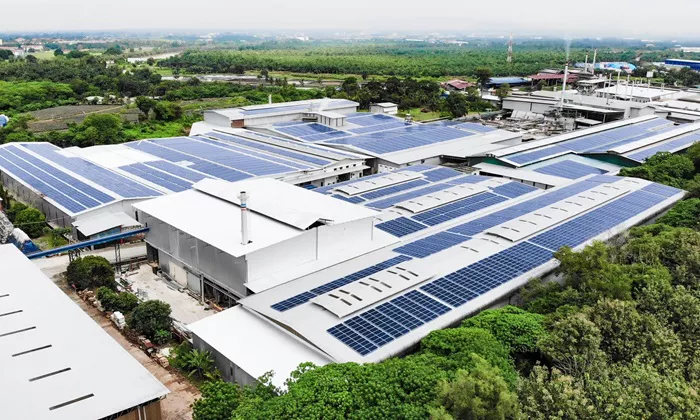Eco solar generators, particularly those from brands like EcoFlow, have been making waves in the renewable energy market. But are they truly a great addition to your energy – solution toolkit? Let’s break it down.
Performance & Power Output
Varied Capacity Options
EcoFlow offers a range of solar generators with different capacities. For example, the River 2 Pro has a 768 Wh capacity. This makes it suitable for powering small – scale devices such as laptops, tablets, smartphones, LED lights, and mini – refrigerators. In contrast, the Delta 2, with its upgraded LifePO4/LFP battery, provides a more substantial power reserve. It can handle a wider array of appliances, hitting the mark for those who need portable power for mid – sized setups or as a reliable emergency backup for small to medium – sized homes. The Delta Pro, on the other hand, is a powerhouse with significant expandability, capable of serving as a whole – house emergency generator.
Efficient Inverter Technology
These generators are equipped with efficient inverters. The River 2 Pro, for instance, has an output power inverter that can handle up to 800W AC, with a “boost” mode reaching 1600W AC. This means it can handle variable test loads, from running a small 60W freezer to powering dual 70W fans. The Delta 2 has an even more impressive 1800W AC output, allowing it to power over 90% of household appliances. With built – in X – boost technology, it can prevent overloading for devices up to 2200W, ensuring stable power supply to a variety of electronics.
Portability & Design
Compact & Lightweight Models
The River 2 Pro is designed with portability in mind. Resembling a large uninterruptible power supply (UPS), it weighs just 17.2 pounds. This makes it easy to carry around for outdoor activities like camping or to keep in a car for emergency use. Its compact size also means it doesn’t take up much space, whether you’re storing it in a small apartment or packing it in your RV.
Expandable & Versatile Designs
The Delta 2 and Delta Pro offer expandability features. The Delta 2, for example, has a ton of ports and easy expansion options. You can add extra batteries or connect multiple solar panels to increase its capacity and power – generation capabilities. The Delta Pro, with its modular design, can be wheeled around, making it convenient to move within a large property or to different locations as needed, all while providing high – capacity power.
Cost – Effectiveness & Long – Term Value
Fuel – Free Operation
One of the major advantages of Eco solar generators is their fuel – free operation. Relying on sunlight, a renewable and free resource, they eliminate the need for ongoing fuel costs associated with traditional gasoline or diesel generators. Over time, this can lead to significant savings, especially if you use the generator frequently, either for backup power during outages or for off – grid activities.
Long – Lasting Battery Technology
EcoFlow uses advanced battery chemistries. Many of their models, like the River 2 Pro, Delta 2, and Delta Pro, feature LFP (lithium – iron – phosphate) batteries. LFP batteries are known for their long cycle life. For example, the Delta 2’s LFP battery can last up to 10 years of regular use. This not only reduces the need for frequent battery replacements but also adds to the overall cost – effectiveness of the generator in the long run.
Drawbacks to Consider
High Initial Investment
The upfront cost of Eco solar generators can be relatively high. The technology, quality components, and advanced features contribute to the price tag. For example, the Delta Pro, with its high – capacity and expandability features, comes at a steep price. This initial expense might be a deterrent for some consumers, especially those on a tight budget. However, considering the long – term savings and the benefits of a reliable, renewable power source, it can be seen as a worthwhile investment.
Weather Dependency
As with all solar – powered devices, Eco solar generators are weather – dependent. Cloudy days, rain, or snow can reduce the amount of sunlight the solar panels can capture, leading to decreased power generation. In regions with inconsistent or predominantly overcast weather, the generator may not always be able to meet your full power needs, and you might need to rely on alternative power sources or charge the generator using other means, such as AC power.
Conclusion
Eco solar generators offer a compelling package of performance, portability, and long – term cost – effectiveness. Their wide range of capacity options, efficient power output, and durable battery technology make them suitable for various applications, from small – scale camping trips to whole – house emergency backup. However, the high initial investment and weather dependency are factors that potential buyers should carefully weigh. If you live in an area with abundant sunlight and have a need for reliable, clean power, an Eco solar generator could be a great addition to your energy setup. But if you’re on a tight budget or in a region with unpredictable weather, you may need to explore other options or consider how to supplement the solar – generated power.

